There’s real poetic justice in former President Donald Trump and his squad trying to kneecap Kathy Barnette ahead of Tuesday’s Pennsylvania Senate primary.
Trump warned in a statement that “many things in her past which have not been properly explained or vetted” meant she could “never” win in the general election. Did Barnette perhaps pay hush money to a sex worker to keep a dalliance secret? Maybe she had to pay $25 million to former students of a phony university who claimed fraud. Or she could have filed for bankruptcy four times, stiffed contractors, and been repeatedly fined for violating casino rules.
Sean Hannity, celebrity Trump remora, declared of Barnette: “There are so many questions she has never answered in many tweets that likely render her unelectable in Pennsylvania.” Like what? Was it a tweet saying that sexual assaults in the military were to be expected or one urging the Duchess of Cambridge to go topless on her honeymoon? Maybe a bunch of tweets obsessing over claims that Barack Obama was a secret Kenyan. Could it be a tweet that said rioters besieging the Capitol were “great patriots who have been badly & unfairly treated”?
The super PAC dumping big money to prop up Trump’s candidate in the race, TV host Mehmet Oz, has dubbed Barnette “Crazy Kathy” for her past statements. Maybe she called women “fat pigs, dogs, slobs, and disgusting animals” or repeatedly insulted the family of an Army officer killed in Iraq.
Of course, those are all things Trump, not Barnette, said or did—the kinds of things that mainstream Republicans said would doom him and their party in 2016. Whatever skeletons Barnette has in her closet are nothing compared to the contents of the ossuary on which Trump has built his career, so where does Trump world get off trashing her?
The answer is both obvious and revealing.
In order to exert power over his party, Trump needs to be seen as the undisputed leader of a united faction of MAGA nationalists, but he also needs to deliver wins in the fall. He is, in short, a political boss of a faction and the leading member of his party’s establishment.
Trump may be unable to see his new role, but he should at least be able to recognize himself in Barnette: a controversialist who, with the help of cable news, developed a following first in the fringes who became loyal supporters. When party bosses and candidates with deep pockets tried to push past her in the race, she and her supporters drew strength from her status as the candidate they don’t want you to support.
Indeed, it was Trump’s endorsement of the chameleon-like Oz that made Barnette’s rise possible.
“MAGA does not belong to President Trump,” she said at a debate last month, and she was right. “Our values never, never shifted to President Trump’s values. It was President Trump who shifted and aligned with our values.” And one of the key values of the movement that existed long before Trump dubbed it MAGA was an intense resentment of being told to pick “electable” candidates. That’s how they picked Trump in the first place. If every pundit and mainstream Republican mandarin said Trump was unelectable, it only made the populist right love him that much more.
Trump saw his victory in November 2016 as a vindication of his special powers, but many of his supporters saw it as a vindication of what they had been saying all along: The conventional wisdom about unconventional candidates was wrong. If that was true, the voters who gave up on their dreams of Herman Cain, Newt Gingrich, or Sarah Palin four years before to back Mitt Romney in search of a general election win had been duped. If Trump could get elected, anybody could get elected. Candidate vetting didn’t need to be about qualifications and personal baggage. It could instead be about litmus tests and loyalty oaths.
Trump’s endorsements so far this cycle have been mostly strategic. He has stayed out of races, like the Ohio governorship, where the chances of victory for the MAGA candidate were low, and been generous with his nods in races where candidates were facing little or no opposition. Trump made something of a risky bet for Senate in Ohio, where he gave his blessing to J.D. Vance, who had struggled in his efforts to prove his conversion to MAGA was genuine given that there is lots of evidence that his previously squishy sensibilities were sincere. That one paid off, but Trump’s pick of a wild and scandal-soaked outsider in Nebraska’s gubernatorial primary fizzled.
In Pennsylvania, Trump was sticking to his system of picking sure things and sidestepping risky bets. Trump is backing some MAGA House incumbents, but ignoring long-shot challengers to Trump-resistant members. Trump also backed the frontrunner in the governors’ race, a candidate who says that if he’s elected, he will seek to void every voter’s registration in the commonwealth, forcing everyone to re-register. So why did Trump think that a state party about to nominate a candidate such as that would be ready for an ideologically ambiguous celebrity doctor who would be the first Muslim to serve in the Senate?
Probably because, as Barnette observed, Trump mistakenly thinks he’s been managing the team, not serving as its mascot. But as the most recent NBC News poll shows, attitudes in the party about Trump are shifting. While he remains mostly popular, the lowest share ever recorded of voters (34 percent) said they saw themselves as Trump supporters more than supporters of the Republican Party (58 percent) — a 17-point swing away from Trump since last spring. There are many ways to explain this, but one is that as he jumps into these primary fights, he’s pushing members of his party away.
That’s how Trump finds himself telling voters to stay away from the outsider with the wild tweets and the questionable past to support the more electable candidate the boss picked for them.
And that tells us what Trump doesn’t understand about the 2024 Republican presidential race. He wouldn’t be the unpredictable insurgent like 2016, he would be the fixed object; sort of the MAGA version of Jeb Bush. In Pennsylvania, Barnette has given us a glimpse of the kind of opposition Trump would face, and Trump has shown how badly he misunderstands his role in his party.
Chris Stirewalt is a contributing editor of The Dispatch and senior fellow at the American Enterprise Institute.
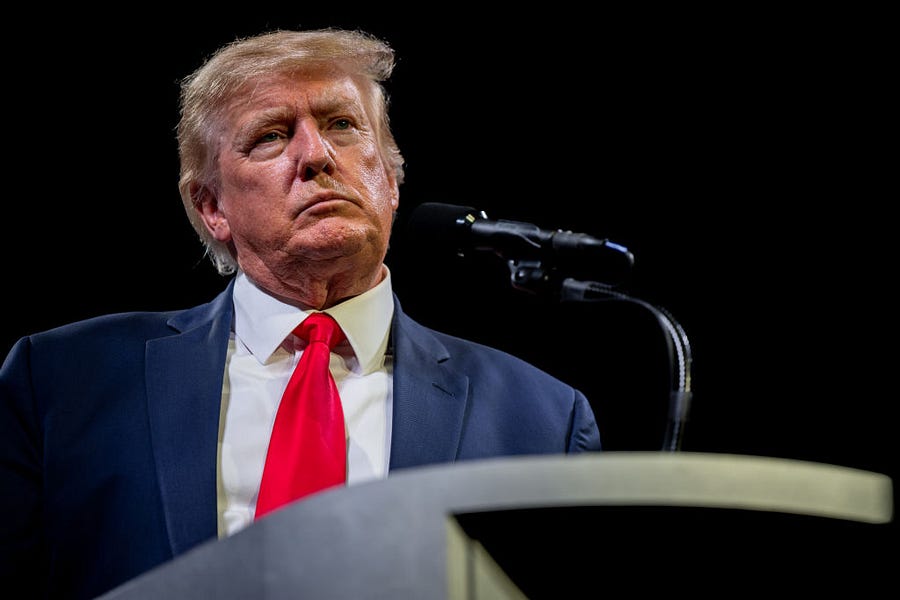

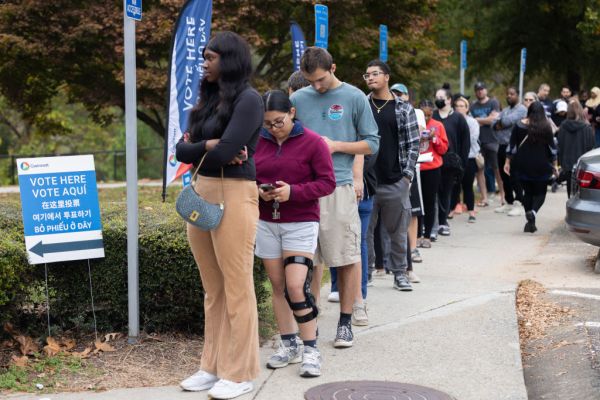
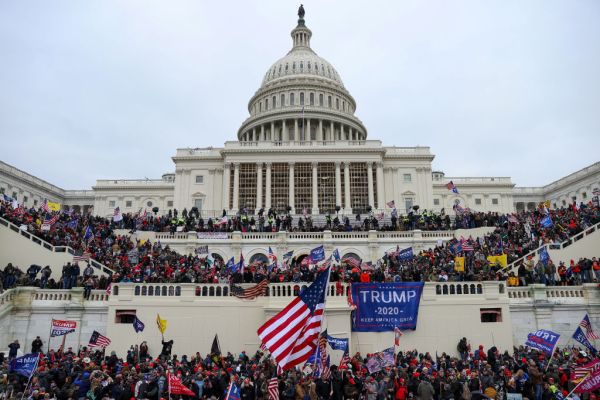
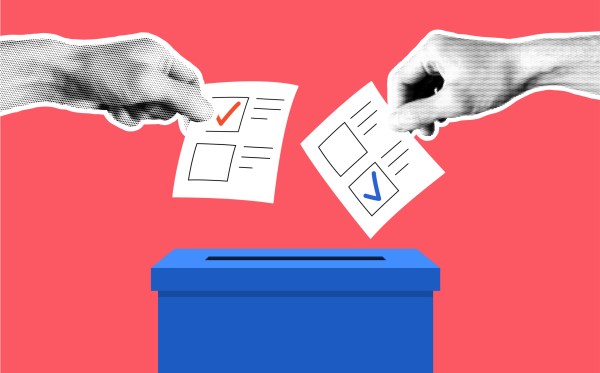
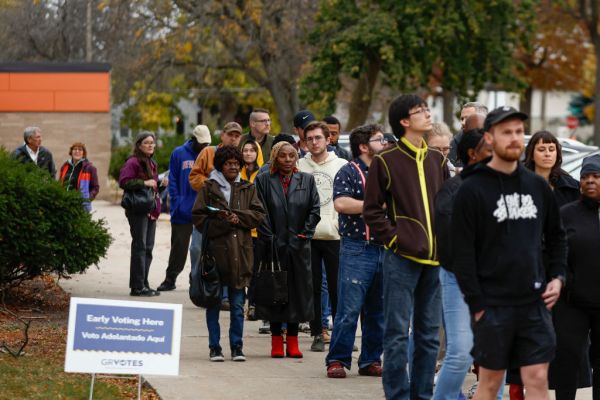
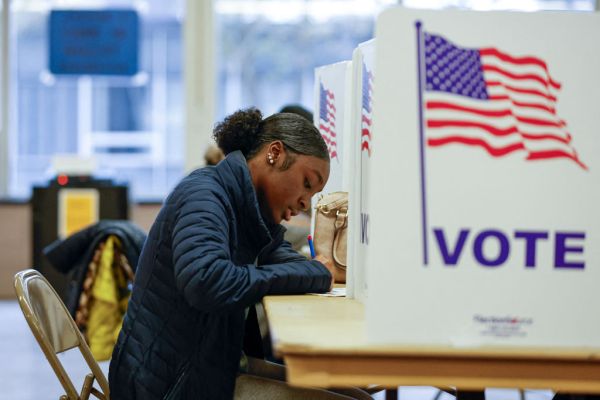

Please note that we at The Dispatch hold ourselves, our work, and our commenters to a higher standard than other places on the internet. We welcome comments that foster genuine debate or discussion—including comments critical of us or our work—but responses that include ad hominem attacks on fellow Dispatch members or are intended to stoke fear and anger may be moderated.
You are currently using a limited time guest pass and do not have access to commenting. Consider subscribing to join the conversation.
With your membership, you only have the ability to comment on The Morning Dispatch articles. Consider upgrading to join the conversation everywhere.